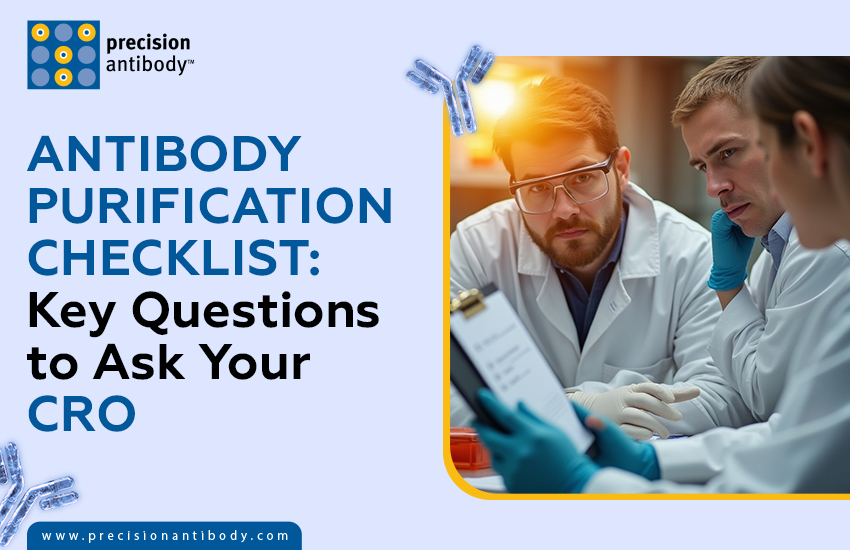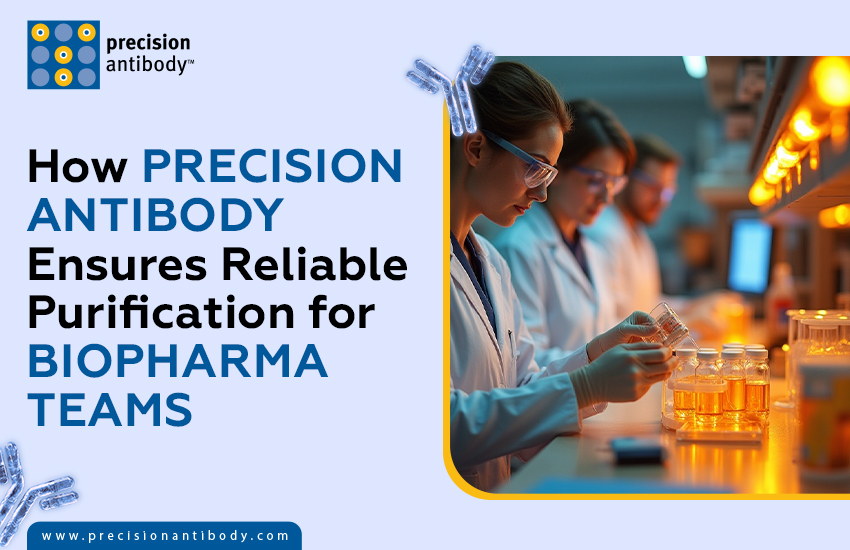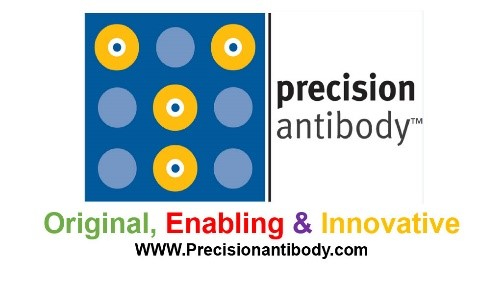Antibody purification is a key step in biologics development that impacts therapeutic success. A bad purification process can still mess things up if upstream expression and production go well. It can hurt yield, safety and functionality, which might slow down your pipeline or even stop it altogether.
More biopharma teams are looking to outsourcing partners like CROs for help with purification. Outsourcing can be great for scalability, saving costs and getting the latest tech but it comes with risks if not handled correctly. Questions about timelines, reproducibility, regulatory compliance and quality assurance can impact whether outsourcing helps or harms your project.
To successfully outsource, it’s essential to know the right questions to protect your therapeutic pipeline. A checklist is key for turnaround times, regulatory alignment, purification yields, and scalability. Early due diligence can cut clinical delays by almost 40%, helping biologics reach the market faster and more confidently.
This blog gives a practical checklist for outsourcing antibody purification. This guide will help your team make informed decisions, safeguarding timelines and treatment quality by explaining why purification is essential, recognizing frequent traps and asking your CRO the proper questions.
By the end of this article, you’ll have a checklist that can save your biopharma team months of delays and ensure clinical-grade antibody purification.

Antibody purification is not just a downstream task, but it also affects the quality, safety and success of the treatment. Even if upstream production is efficient, not enough purification can make an antibody less effective and increase the chances of immunogenicity, aggregation or regulatory failure.
Regulatory agencies like the FDA and EMA have established strict limits on impurities found in biologics. So, according to the ICH Q6B guidelines therapeutic antibodies need to be free from:
Purification affects how well an antibody binds, its stability and its effectiveness. Like this:
The purification strategies we come up with during R&D really need to work well when we scale them up for large-scale GMP production. Getting scalable methods validated early helps avoid delays when transitioning from grams to kilograms of antibody.
If an antibody isn’t purified well, it could get rejected when you submit your IND or BLA, which means you’ll have to spend a lot of money to fix it. But investing in thorough purification early on gives you:
Antibody purification plays a crucial role in ensuring quality. It safeguards patients, maintains the effectiveness of therapies, allows for growth and helps minimize expensive risks. Skipping this step isn’t just a mistake in the science; it’s a big strategic blunder that could throw off whole biologics pipelines.

Outsourcing antibody purification to CROs can really help speed up development, but if you don’t do your homework, it can also bring some unexpected risks that might mess with your timelines, quality and regulatory compliance. It turns out that about 25–30% of biologics programs run into issues because of problems with outsourcing management.
Here are some common pitfalls that biopharma teams should keep an eye out for:
Not anticipating these issues can really hinder the progress of biologics and increase expenses. Biopharma teams can ensure their pipelines stay on course and that their purified antibodies are ready for development by requesting practical timelines, transparent quality control data and evidence of scalability from the beginning.

When it comes to picking the right outsourcing partner, it’s not just about comparing prices. You really need to think about their methods, quality standards, how well they can scale and whether they’re ready to meet regulations. A checklist helps keep your therapeutic pipeline on the right path.
Here are some key questions that every biopharma team should consider.
Lack of compliance can derail IND submissions, wasting both time and resources.
This checklist helps biopharma teams go beyond assumptions and set clear, verifiable expectations. Asking the right questions early helps reduce risks, dodge hidden costs and make sure your antibodies are purified to meet scientific and regulatory needs.

At Precision Antibody, we understand that purification isn’t just a technical step; it’s a key part of protecting your therapeutic pipeline. Delays, issues with scalability or unnoticed quality gaps can really add up and slow down the time it takes to get to the clinic.
That’s why our purification services are designed to blend scientific precision, regulatory compliance and quick turnaround ensuring your biologics development keeps moving forward.
Precision Antibody offers purification services that lower the risk of your development and speed up your therapeutic pipeline by combining technical knowledge, strict adherence to regulations, and communication that puts the client first.
Partner with Precision Antibody today because the proper purifying partner doesn’t simply send you antibodies; they also give you peace of mind at every step of your biologics journey.
Turnaround times can change based on how big or complicated the project is. Purification for small-scale R&D usually takes about 2 to 4 weeks, but if you’re looking at GMP-grade or kilogram-scale projects it often takes a bit longer.
Some CROs have quick options available but it’s a good idea to confirm the timelines right from the start to steer clear of any delays later on.
Could you please provide proof that you comply with ICH Q6B, GMP and GLP standards? It would be great to have the supporting documentation as well. You’ll find that dependable CROs offer:
Comprehensive QC is critical. A strong CRO should include:
These checks show that your antibody is not just pure but also works well for the tests you’ll be doing later.

Led by innovative minds in immunology and the antibody development field, Precision Antibody has been an industry leader for over 20 years. We not only implement a cutting-edge technique in antigen design, antibody development, production, and other analyses, but we are also constantly working on ways to improve and advance technology to match the ever-changing world of science. If you are interested in learning more about Precision Antibody’s Custom Antibody development.
Precision Antibody™ is the forefront of the global Custom Antibody industry & it is led by the innovative minds in immunology and antibody development field.